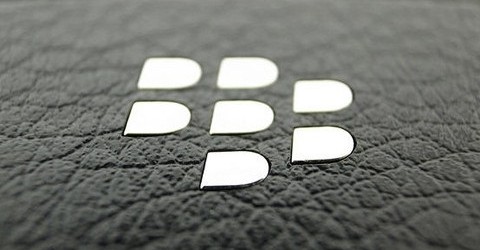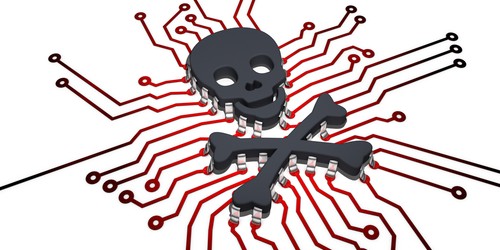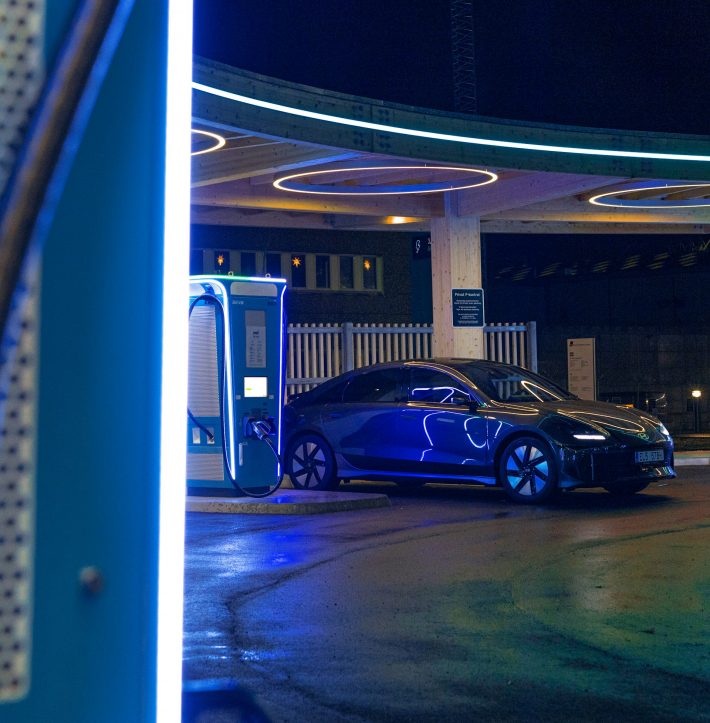In his latest ecosystem column, Antony Savvas charts a blockbuster first couple months of the year, involving both new companies and well-established ones.
Internet of Things (IoT) network provider, Sigfox has launched the second edition of its Hacking House event in Paris. For six months, participants from seven different countries will bring IoT-based projects to life addressing issues as diverse as car theft prevention and bird protection. Microsoft and Amosense are the sponsors of the latest Hacking House, which will also be supported by technology partners such as LITE-ON, Wisebatt and STMicroelectronics.
The participants are divided into four teams to develop their project at Sigfox in Paris from this month to early August 2020. This new 180-day format, instead of 90 days for the first effort, will provide the time to create a functional prototype that will be tested in real conditions in the field, said Sigfox. Throughout the period participants will not only be supported by Sigfox experts, but will also benefit, thanks to external specialists, from an apprenticeship in entrepreneurial skills, so that they have the basis to launch their product or start-up.
“For this edition we wanted to add value to our programme by giving participants the time and tools to deliver a proven IoT solution that will meet the necessary specifications,” says Maxime Schacht, Hacking House manager. “We also have a new partnership with Telecom ParisTech Entrepreneurs, the first digital business incubator in France, which will provide mentoring for start-ups and entrepreneurs.”
The four projects selected this year are the audience and impact measurement of digital billboards using embedded artificial intelligence, the prevention of car theft, a connected nesting box to promote the re-population of birds in partnership with the Ligue de Protection des Oiseaux (League for the Protection of Birds) and the management and optimisation of berths and mooring rings for pleasure boats.
“We believe that the Sigfox’s Hacking House is addressing an important need in the IoT market by sponsoring innovative and impactful industrial IoT projects, an area of focus for Microsoft Azure IoT Services,” says Soren Lau, general manager for IoT and mixed reality sales for EMEA at Microsoft.
Connected vehicles
Talking of Microsoft, Luxoft, now a DXC Technology subsidiary, announced that it is expanding its collaboration with the Seattle-based IT vendor to accelerate the delivery of connected vehicle solutions and mobility experiences.
By leveraging the Microsoft Connected Vehicle Platform, Luxoft will enable and accelerate the delivery of vehicle-centric solutions and services that will allow automakers to deliver “unique features”. It says these will be around advanced vehicle diagnostics, remote access and repair and preventive maintenance. Collecting real usage data will also support vehicle engineering to improve manufacturing quality.
“With our solutions and services for connected vehicles, automakers and their key partners are able to get the most out of the Microsoft Connected Vehicle Platform,” according to Dmitry Loschinin, executive vice president of DXC Technology, and president & CEO of Luxoft. “Our collaboration with Microsoft gives automakers control and flexibility for creating highly differentiated, intelligent and beneficial connected mobility experiences for their customers.”
On the start-up trail

Back on the start-up front, Manchester in north-west England, has received UK£2 million (€2.3 million) of UK government money to foster cloud and cyber security talent. A large number of technology firms have opened up shop in Manchester, as the centre of the UK’s developing ‘Northern Powerhouse’ starts to give London a run for its money.
Enterprise City, the technology cluster in central Manchester, has been awarded a £2 million (€2.3 million) grant from the UK government’s Department for Culture, Media and Sport (DCMS) to support its Exchange programme. The money will be used to support and attract more cloud service, cybersecurity and IoT technology firms to the area.
Last year, for instance, US cloud and IT consulting services firm Slalom chose Manchester as the location for its second UK office after London. Partnering with more than 200 solution providers including Amazon Web Services, Google Cloud, Salesforce, Microsoft and Tableau, Slalom helps companies tackle digital transformation.
Slalom plans to employ over 200 people in Manchester by 2025. “Manchester is a city of digital enterprise with strengths in a wide range of industries, including manufacturing, healthcare, utilities and consumer services, which perfectly complements Slalom’s breadth of expertise,” commented Dave Williams, Slalom UK country managing director at the time.
Manchester wants more such firms to enter its designated Enterprise City, and the new cash will be used to help create and sustain more than 2,000 jobs in the city over the next 15 years. The Exchange programme will give “ambitious, early stage tech companies and entrepreneurs access to the tools and infrastructure they need to grow and succeed,” says Enterprise City.
BlackBerry’s security

BlackBerry has teamed up with Amazon Web Services to develop a connected vehicle software platform for in-vehicle applications that combines the security of BlackBerry’s QNX operating system with AWS’ Internet of Things Services in the cloud and in the car.
The platform enables automotive manufacturers to securely access data from vehicle sensors, and create software applications and machine-learning models for connected, electric and autonomous vehicles.
With the AWS-powered BlackBerry platform, the two partners believe that automotive OEMs can “expedite their vision of continuously and quickly bringing innovative connected vehicle services to market”. These range from cockpit personalisation, vehicle acoustic conditioning, to vehicle health monitoring and advanced driver assistance systems (ADAS) features.
Embedded and cloud companies
Innovation and design consultancy Plextek has joined the Arm Pelion and Mbed Partner Ecosystem, a growing group of embedded and cloud companies, component manufacturers, system integrators and original equipment manufacturers (OEMs) committed to driving innovation in IoT.
The Pelion and Mbed Partner Ecosystem is focused on supporting openness, standards, technology and services needed to accelerate the development and wider adoption of IoT systems, based on the Arm Pelion IoT platform, development tools and “strong customer relationships”.
Plextek is an accredited Pelion and Mbed service provider, offering consultancy, engineering services and systems integration.
Apple
Apple supplier Foxconn has started a new joint venture deal with Fiat Chrysler to develop electric vehicles and the “internet of vehicles”. The move comes as Foxconn looks for ways to compensate for the slowing smartphone industry.
Under the deal, Fiat Chrysler will hold 50% of the venture, with Foxconn holding more than 40%.
Self-driving
And Hewlett Packard Enterprise (HPE) has been selected by Zenuity, a developer of software for self-driving and assisted driving cars, to provide the crucial artificial intelligence (AI) and high-performance computing (HPC) infrastructure it needs in order to develop next generation autonomous driving (AD) systems.
Zenuity is a joint venture between Volvo Cars and Veoneer, two Swedish companies whose names are “synonymous with automotive safety”, says Zenuity. HPE will provide Zenuity with core data processing services, that will allow it to gather, store, organise and analyse the data it generates globally from its network of test vehicles and software development centres. The end-to-end IT infrastructure will be delivered as-a-service through the HPE GreenLake platform.
Autonomous vehicle network security

F-Secure has been awarded a UK grant to research autonomous vehicle network security. Research will leverage F-Secure Consulting’s expertise with critical national infrastructure to help secure the UK’s emerging connected and autonomous vehicle (CAV) ecosystem.
The UK£25,000 grant (€29,890) was awarded by the UK Centre for Connected and Autonomous Vehicles, in cooperation with Zenzic and Innovate UK. There will a particular focus on “mapping attack paths through CAV networks”, said F-Secure.
F-Secure Consulting managing director, Ed Parsons says, “CAV infrastructure – connecting autonomous vehicles and smart cities – is part of a wider technology ecosystem that will change the world around us, so it needs to be something everyone can trust. Working together we hope to create resilient systems we can all rely on, accelerating adoption while minimising the costs and delays security issues can cause later on.”
Comment on this article below or via Twitter: @IoTNow_OR @jcIoTnow











